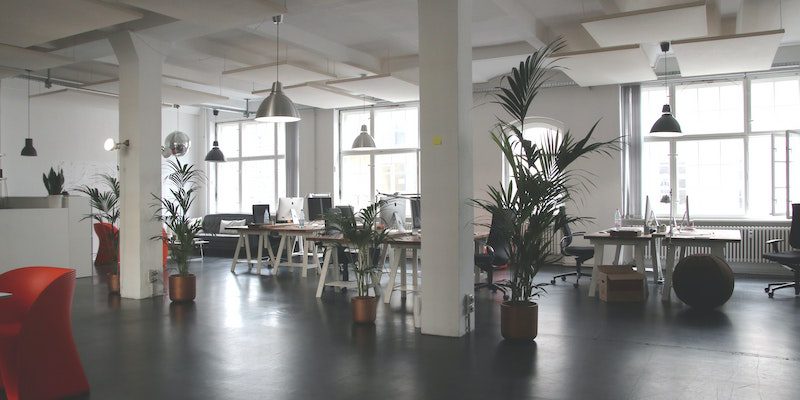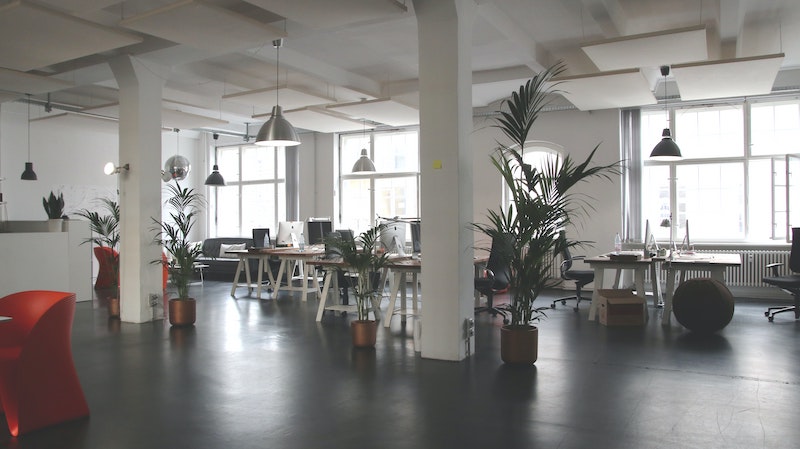

Offices are going to change

When we think about how the COVID-19 pandemic has changed the real estate industry one, question comes to mind: Do we really need offices anymore?
As many nations cautiously make their way toward relaxing Covid-19 lockdowns, many of us are starting to envision a time when we can stop working at our kitchen tables and return to the office. Yet, in the absence of a vaccine, aspects of modern workplaces will have to change if employees are to safely return to their desks.
Experts suggest this could involve a combination of short-term fixes aimed at boosting worker confidence, reducing the number of staff in the office at any one time and longer-term design upgrades and modifications that put hygiene at the heart of workplace planning.
Distributed offices and rotating days
Perhaps unsurprisingly, many are heralding the end of the open-plan workplace and the return of small, private offices. Huddle rooms, for example, could be used as offices until social distancing protocols are relaxed. Having small groups of people working collaboratively would address the need for connections and improved mental health, but without risking massive exposure, where one person gets the virus and everyone else has to self-isolate.
In the short-term, it seems likely that many of us will remain working from home even after government orders to do so are lifted. A staggered workforce may become standard, with smaller groups coming in on alternate days and shifts that avoid transport rush-hour peaks.
Privacy versus self-regulation
Another concept that may emerge is the ‘contactless office’, something experts predict could become widespread among organisations who can afford it.
For example, employees could eliminate the need to press communal buttons by using their smartphone to send a command to the elevator or staff coffee machine. Conference rooms could be fitted out with voice-activated technologies to control lighting, audio and visual equipment. Passing through doors or flushing the toilet would require a simple wave, while self-service in office kitchens could become a relic of the past, to be replaced with automation or a dedicated server.
There’s also the idea that companies could more aggressively monitor for sick employees. One possibility is embedding sensors underneath desks to monitor body temperatures, with a facilities manager alerted when someone has a fever.
Whatever happens in the months ahead, and even if a Covid-19 vaccine becomes available, it seems likely that the experience of living through a pandemic will have a long-lasting impact on the way we work and how our workplaces function. If nothing else, the idea of coming to work while sick could become socially unacceptable. On the other end of the spectrum is a focus on health and hygiene so pronounced that it gives new meaning to the idea of working in a sterile environment.

